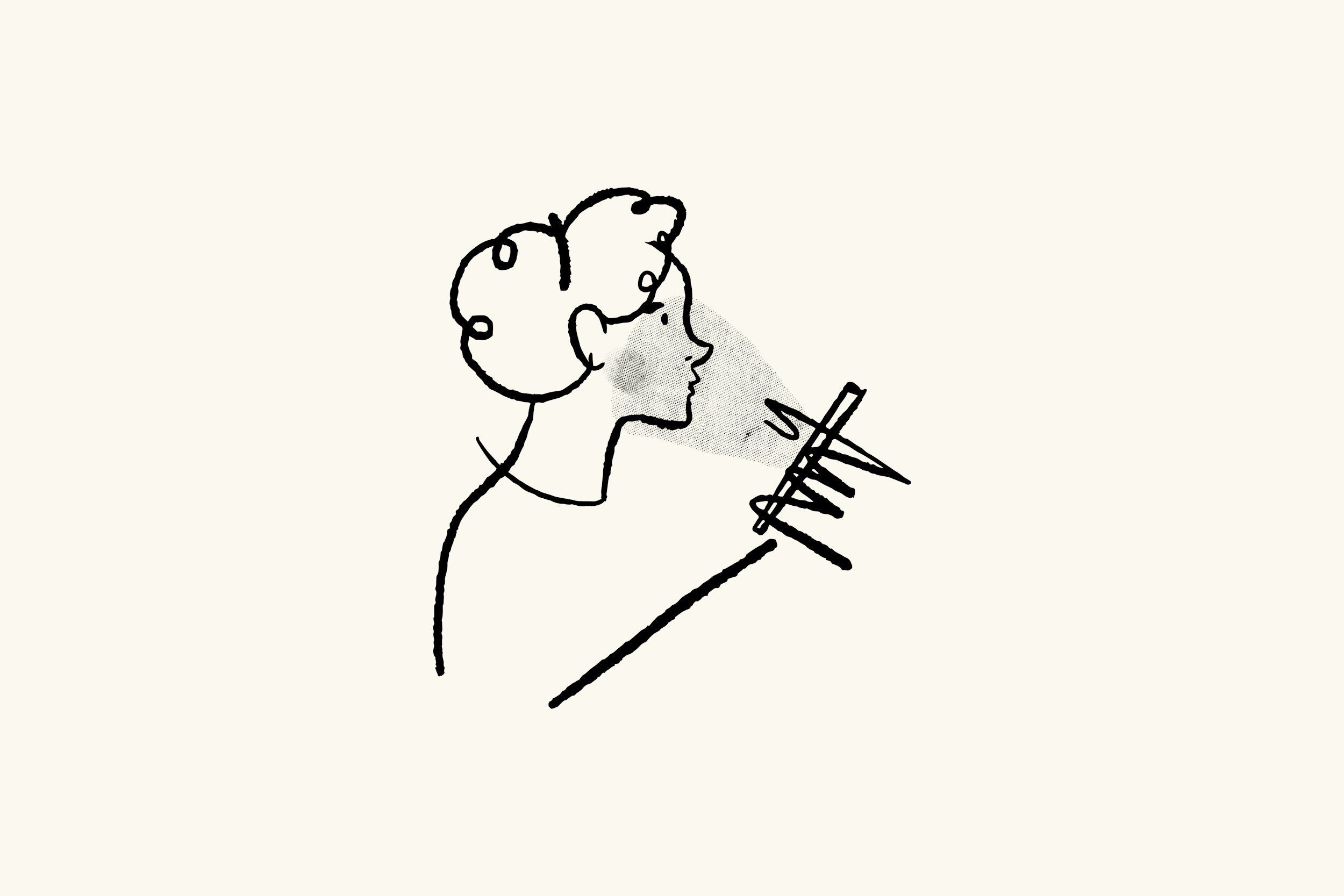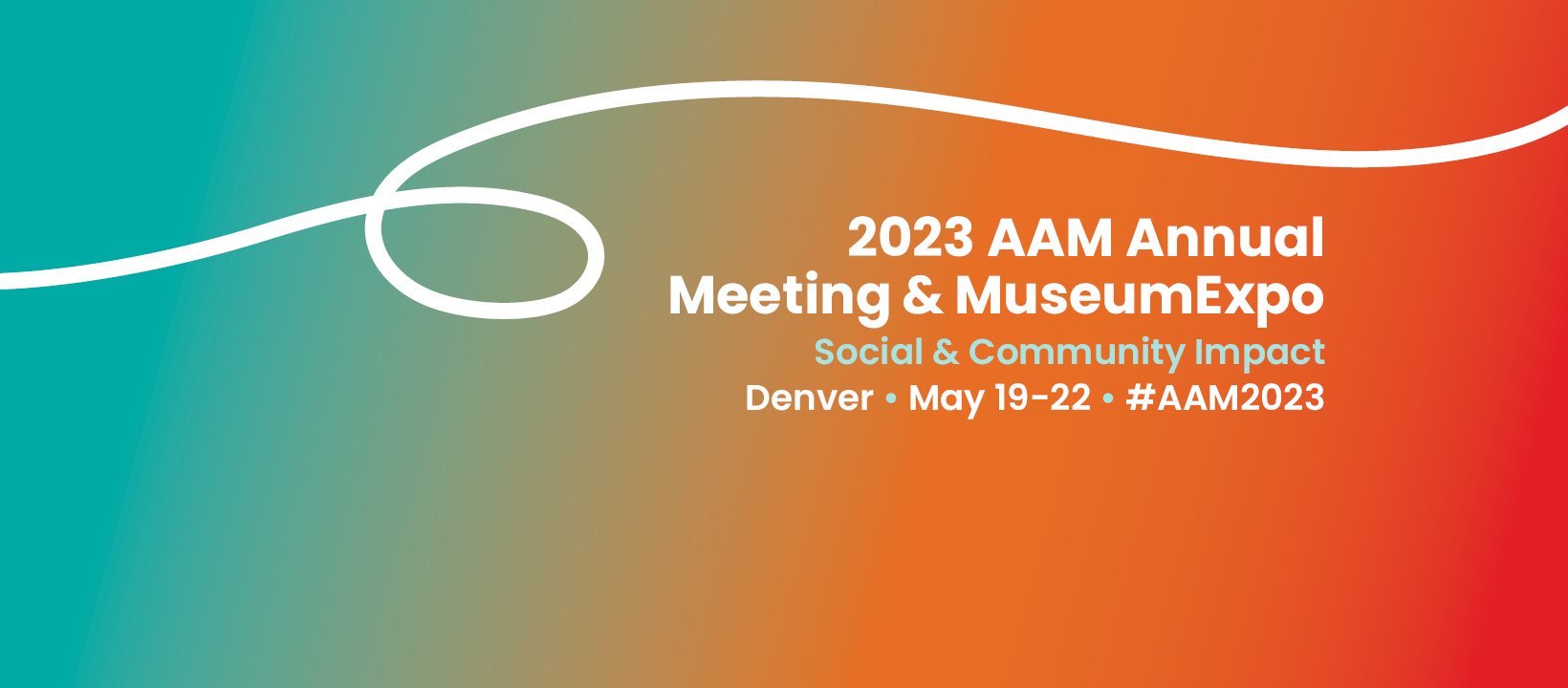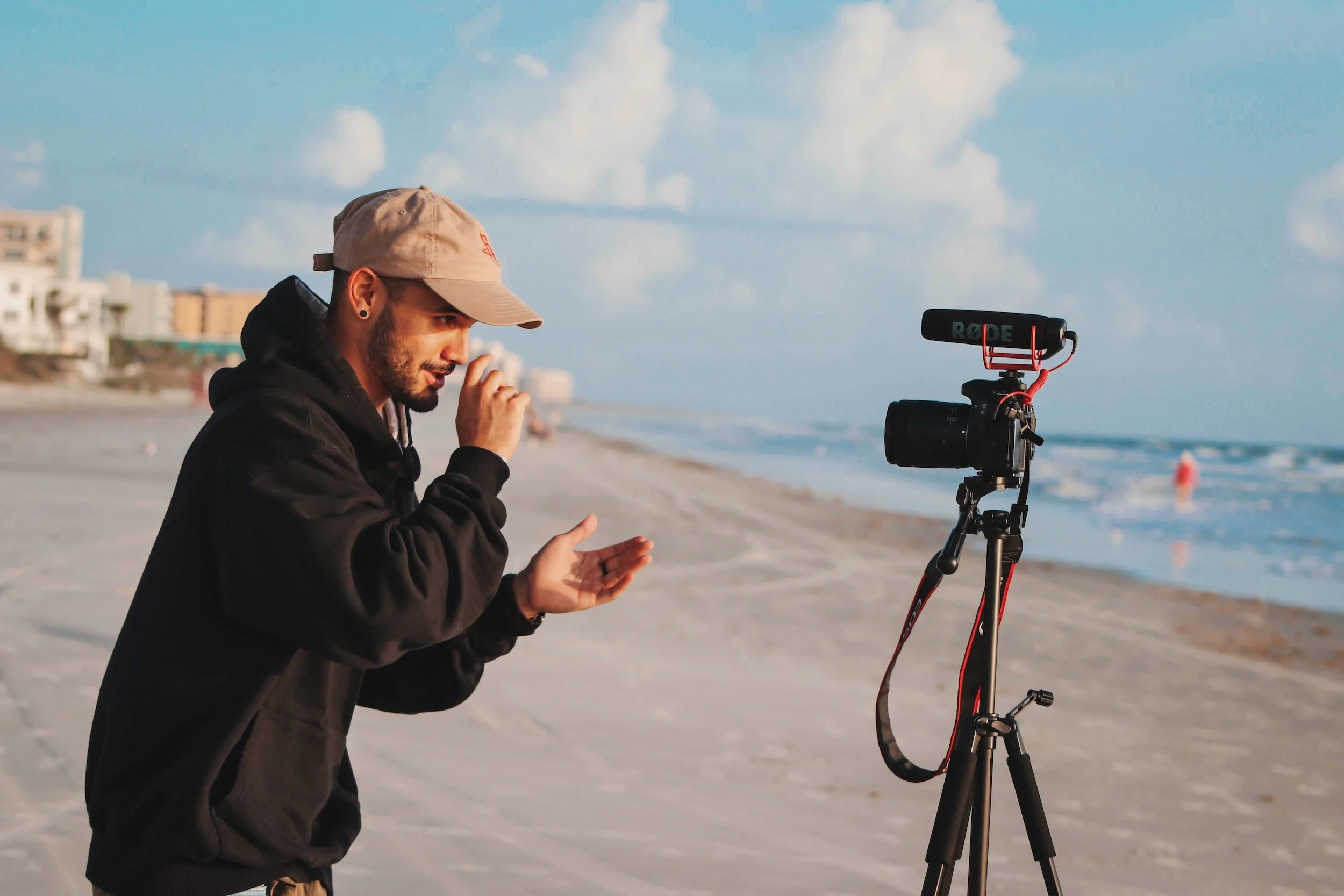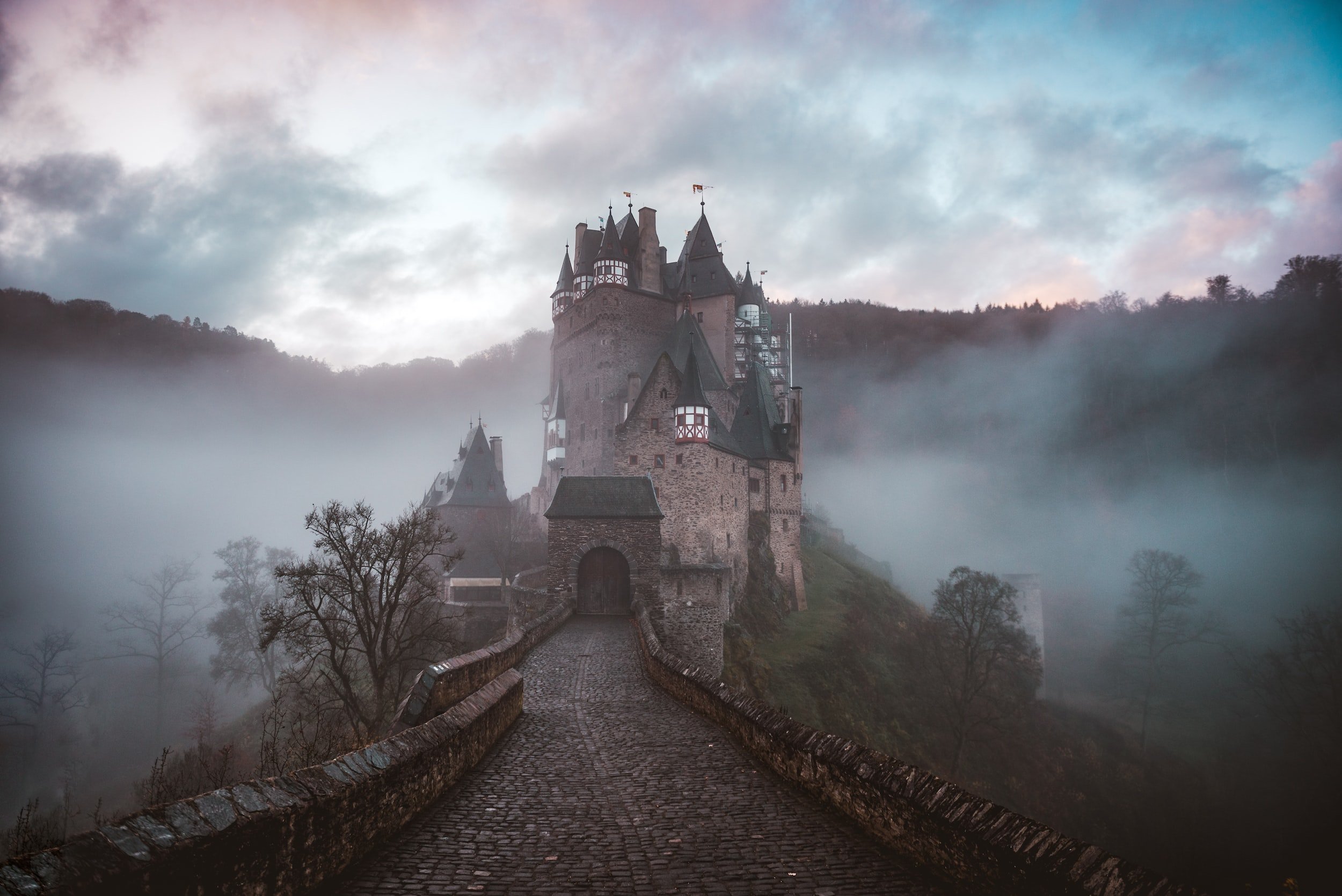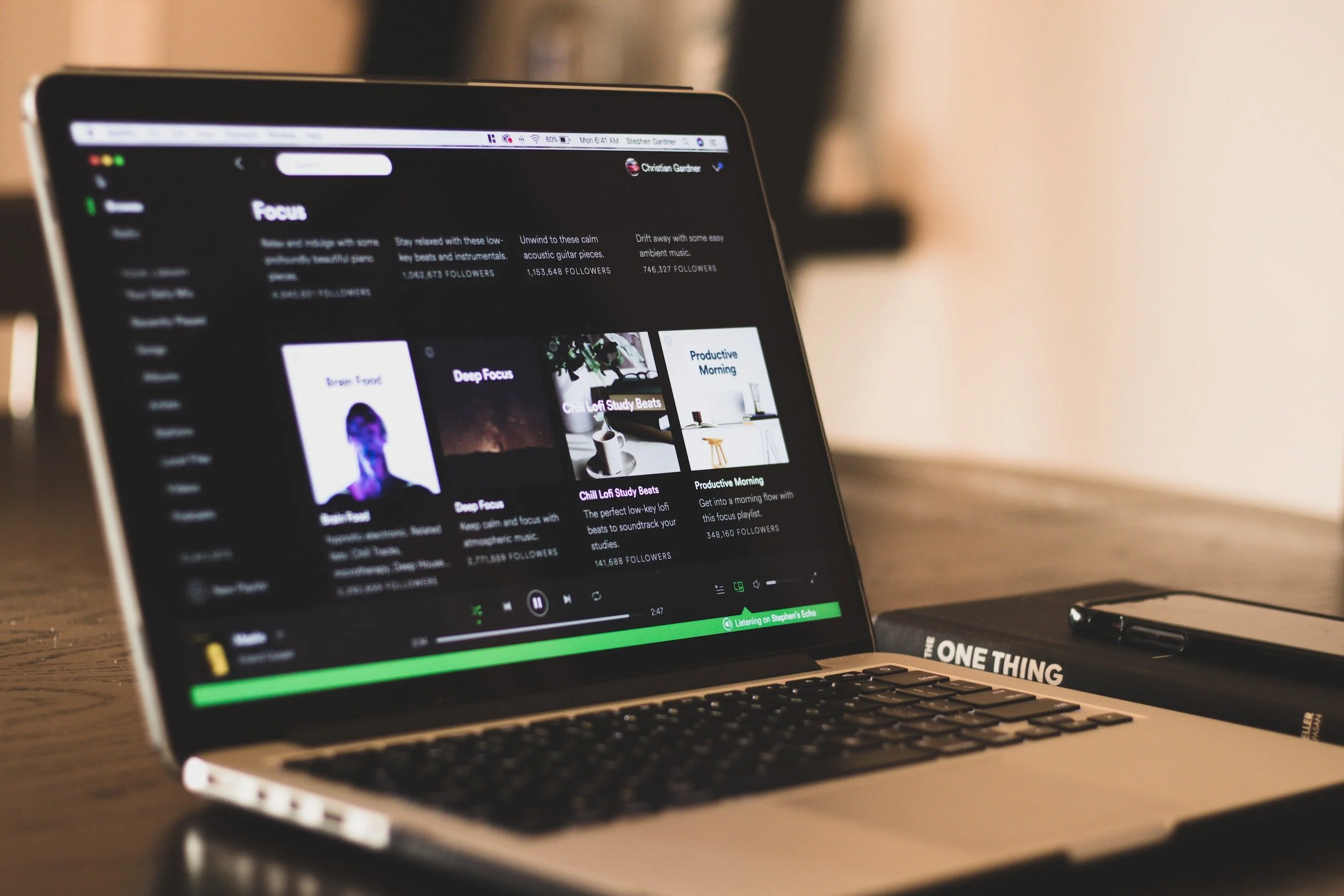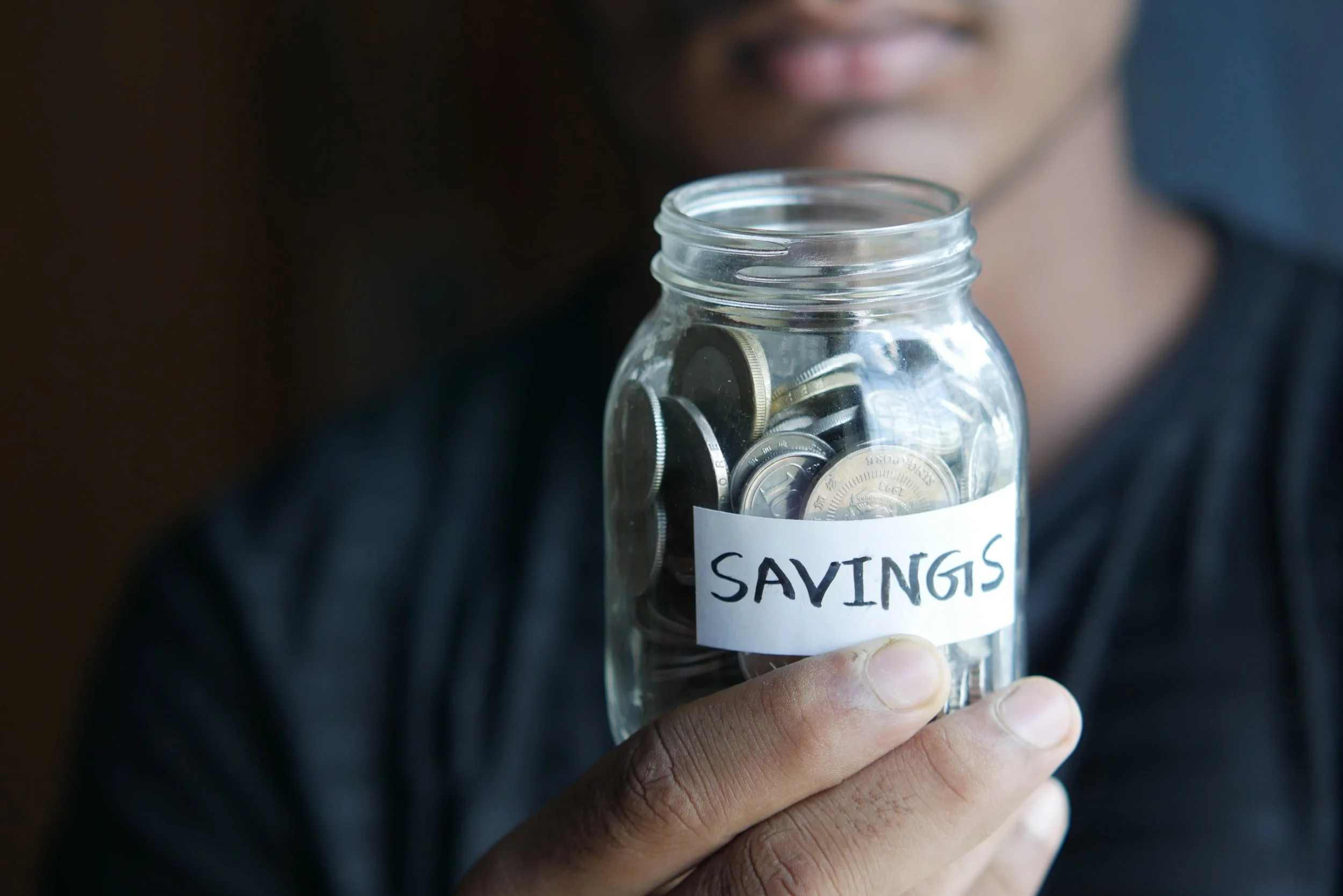The successful future of the arts and arts organizations will include artificial intelligence (AI). Artificial intelligence operates in many spheres, from generative AI, including OpenAI’s ChatGPT, DALLe or VALLe, or OtterAI’s transcription tools to robots cleaning offices to machine learning algorithms. While the opportunities seem both endless and perhaps intimidating, strategic application of these tools can make a significant difference.
American Alliance of Museums 2023 Conference Takeaways
AI And Theatre: Playwriting, Stage Design, and Ticketing
Artificial Intelligence is being experimented with in the world of theater, from playwriting in traditional theatre, musicals, and improv. It is also being used for scene design and as a creative collaborator and director. Can AI successfully produce on these fronts? What does this mean for the future of the industry?
Technology & Linguistic Representation in the Arts: A Research Report
Linguistic representation and language-based accessibility are paramount to developing a truly inclusive artistic sector that allows diverse individuals and communities to use the arts to strengthen their identities and in turn “understand how [they] matter.” Lauren Miller’s series of articles on AMT Lab have explored the topic of linguistic accessibility and representation in the arts, and include case studies of those who are setting the best examples in the field. To explore more, check out the author’s research report on linguistic equity in the arts.
Can NFTs Be Used for Social Good?
“Social-good communities” in the NFT sphere are created with the intention of creating or uplifting a pre-existing community. Where business communities may arise through the context of the particular NFT collection, social-good communities strive to support a pre-existing (often) marginalized community or global crisis. This article covers the current state of community building and barriers to access through NFT marketplaces, ultimately suggesting the relatively unknown future of the ability of marginalized communities to find space and place in this ever-evolving network.
Digital Inequity's Impact On Arts Participation Pt. II
This is the second installment of research relating to digital equity and arts communities. The research discusses the potential role of media and digital arts in the fight toward digital equity, compares barriers to digital participation with arts participation, and explores the role of libraries as critical players in combatting digital inequity.
How NFTs Have Changed the Creator Economy
Content creators have thrived on Web2 platforms such as Youtube, Instagram, and Twitter. However, with the latest addition of platforms such as Twitch and Patreon, curating content has been enhanced by enabling direct creator-to-fan content and new methods of monetization. The implementation of Web3 technologies, more specifically non-fungible tokens (NFTs) are revolutionizing the way creators distribute content, claim ownership, and monetize work.
In the News: April 2023
Technologies like artificial intelligence and NFTs continue to break into new industries this April. The United States government licensed ChatGPT, dancers paired with robots, and music industry leaders have been taking a stand on AI-made music. We are in the midst of figuring out where these technologies fit into our lives, and how they will change our industries. Feelings of uneasiness continue. The following stories illustrate a variety of viewpoints on the ways in which technology has been integrated into new and unique settings as of late.
Massive Software’s Influence on Popular Fantasy Film
Massive Software creates hordes of fantasy armies using Artificial Intelligence and in doing so it has changed the fantasy entertainment game. Their realism is largely due to fuzzy logic, a “way to create naturalistic and subtle behavior” that human viewers will interpret as realistic and powerful. This combined with emergent technology offers a wide array of opportunity for creators.
Jazz Artists and the Business of Music: Digital Collaborations and Live Streaming
Throughout history, jazz has been on the cutting edge of social and cultural change. It has always represented a means of freedom and self-expression in both the brightest and darkest of times. Jazz artists have historically pushed the boundaries of their own genre, as well as others. How does the genre continue to transform in the digital age?
AI in Spotify’s New ‘AI DJ’
While Spotify has been a frontrunner in the AI field for a decade, its increased infusion of AI into its algorithmic content suggestions has put it into the spotlight with its ‘AI DJ.’ Consumers return again and again to Spotify largely for its enhanced personalization that few other streaming platforms can match. While AI is central to that personalization, it hasn’t surfaced without baggage and some consumer retaliation. It is also worth considering how this technology will further perpetuate algorithmic biases that disproportionately affect Black musicians.
In the News: March 2023
From rising STEAM programs to the emphasis on AI in popular culture, the interplay of art and technology allows for new visions to be imagined, new heights to be reached, and new stories to be told. This month, we’re highlighting some of the ways in which technology and art interweave to redefine the very definition of creativity.
How AI Is Used in Video Games: The Sims 4 and Red Dead Redemption 2
Artificial intelligence (AI) has been fundamental since the 1950s in game design and development, but a subset of AI called generative artificial intelligence (GenAI) is now deployed in nearly all video games to create clever, responsive, or adaptive behaviors. This article examines the unique cases of Generative AI in 2 incredibly popular video games: The Sims 4 and Red Dead Redemption.
Cash Talks: The Impact of Financial Reserves on Theatre Companies
According to the Nonprofit Finance Fund, most nonprofits have less than three months of cash reserves on hand. Most nonprofits have experienced a drastic impact on their programs and financing throughout the COVID-19 pandemic. But research shows that nonprofits with reserves were less likely to reduce operating hours, lose staff, or experience difficulty paying employees or vendors for their services.
Digital Inequity's Impact on Arts Participation Pt. I
how does digital inequity impact the arts sector and how might the arts sector respond to the digital inequities in their communities? This research was compiled under the belief that the arts can have a role in combatting issues of equity and inclusion outside the field of arts and culture. The arts’ role in the broader public sphere can improve the lives of all members of a community. The hope for this research is to begin to understand how that can begin to take shape to address digital inequity.
Building a new Museum Ritual: Museum Digital Experiences
This article examines 8 suggestions for museums to implement well-rounded digital projects for their audiences that are specific to the online context. These suggestions are drawn on the Rachel Broughton’s article Bridging the Gap Between Digital Native Modes of Learning and the Traditional Museum Ritual—find it here.
Hey, That's Mine! Art Ownership in the AI Age
In the News: February 2023
Issues and Trends in the Creator Economy
What is a content creator’s journey like? How do content creators grow to become media companies? What services does the creator economy need as they grow bigger? From these questions, our group makes predictions about the future of the creator economy and recommendations for how creators can thrive within the landscape.


